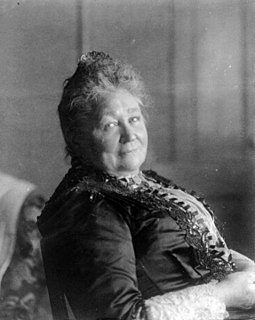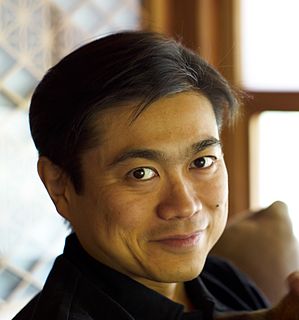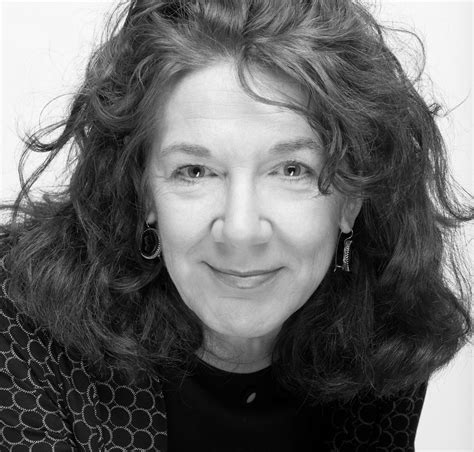A Quote by Ralph Waldo Emerson
These are the voices which we hear in solitude, but they grow faint and inaudible as we enter into the world.
Related Quotes
These are the voices which we hear in solitude, but they grow faint and inaudible as we enter into the world. Society everywhere is in conspiracy against the manhood of everyone of its members. Society is a joint-stock company, in which the members agree, for the better securing of his bread to each shareholder, to surrender the liberty and culture of the eater. The virtue in most request is conformity. Self-reliance is its aversion. It loves not realities and creators, but names and customs.
We enter solitude, in which also we lose loneliness. True solitude is found in the wild places, where one is without human obligation. One’s inner voices become audible. One feels the attraction of one’s most intimate sources. In consequence, one responds more clearly to other lives. The more coherent one becomes within oneself as a creature, the more fully one enters into the communion of all creatures.
I think right now is when we need to hear different voices coming out of all parts of the world. You can't just hear the politicians and the military leaders. You have to hear from the taxi drivers. You have to hear from the painters. You have to hear from the poets. You have to hear from the school teachers and the filmmakers and musicians.
When I enter a library, when I enter the world of books, I feel the ghosts of the past on my shoulders urging me to speech. I hear Patrick Henry cry to the Burgsses, 'Is Life so dear, or Peace so sweet, to be purchased at the price of chains and slavery?' I hear Sojourner Truth tell me that the hand that rocks the cradle can also rock the boat, and William Lloyd Garrison say, 'I am in earnest, I will not be silenced.'
I now understand what Nelle Morton meant when she said that one of the great tasks in our time is to "hear people to speech." Behind their fearful silence, our students want to find their voices, speak their voices, have their voices heard. A good teacher is one who can listen to those voices even before they are spoken-so that someday they can speak with truth and confidence.
I am constantly concerned about being quoted in the press and perhaps saying the wrong thing or having what I say misinterpreted and bringing reproach to the name of Christ. People do not come to hear what Billy Graham has to say; they want to hear what God has to say. Jesus tells us not to be misled by the voices of strangers. There are so many strange voices being heard in the religious world of our day. We must compare what they say with the Word of God.









































